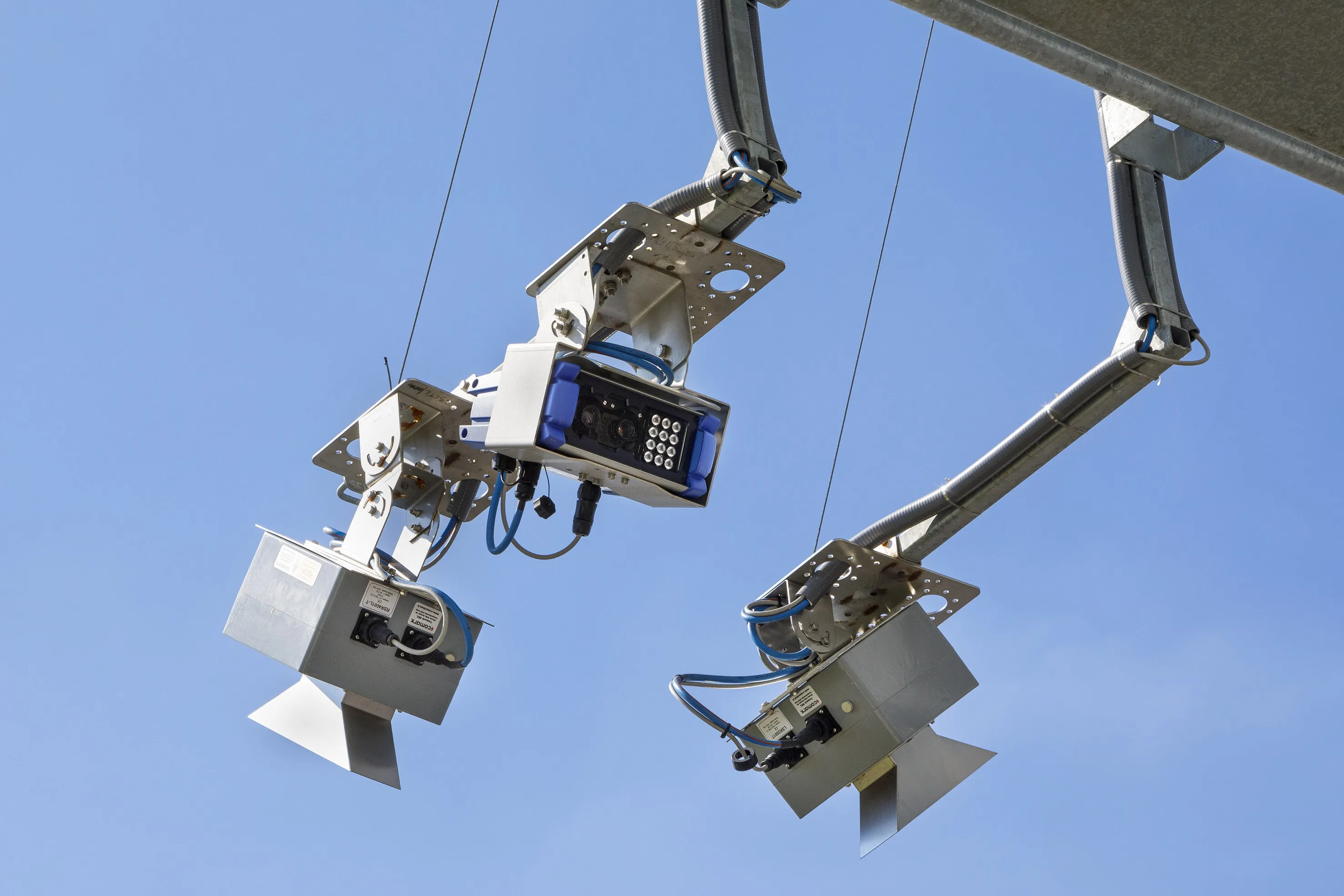
Vision specialist Tattile has acquired Comark, a firm which specialises in laser-based volumetric vehicle measurement and classification for tolling and free-flow tolling applications.
The two Italian companies are a good fit, says Tattile CEO Corrado Franchi: “The strong similarity in the founding values of both organisations, the same service orientation, and an almost overlapped customer portfolio, make the integration a natural step towards the generation of new high-performance and high-added value systems, based on the unlimited opportunities generated by AI.”
Tattile, which has strong heritage in ANPR and axle counting, says the acquisition will help drive traffic optimisation by speeding up tolling processes - from reading a licence plate to counting axles and capturing the vehicle's volume.
"These three pieces of information are crucial in determining the vehicle class and then, the total toll amount," the company explains.
Comark is based in Udine, Italy and invests heavily in R&D, which accounts for 30% of its staff.
It has a strong international footprint, with 60% of its revenue coming from Europe, 15% in Asia Pacific, and 25% from South America.
Federico Vincenzi, founder and owner of Comark, says the acquisition is a "unique opportunity to ensure Comark's solid growth in the international markets and a very innovative joint product development, finalised to exploit the best of both companies’ core competencies.”










